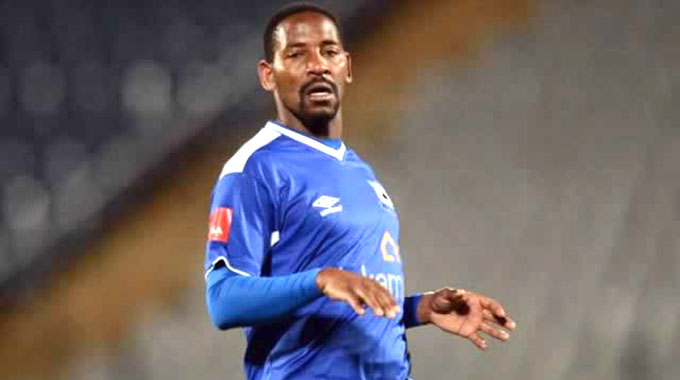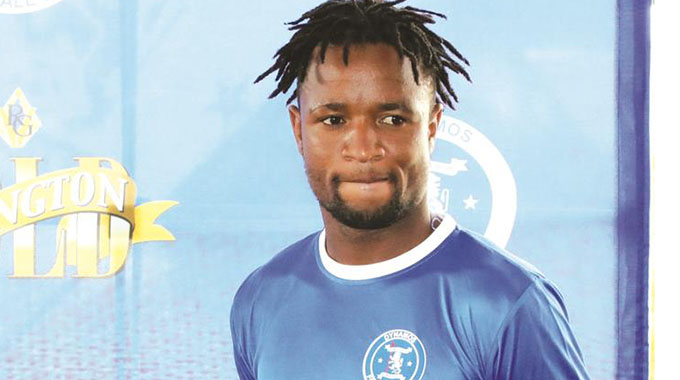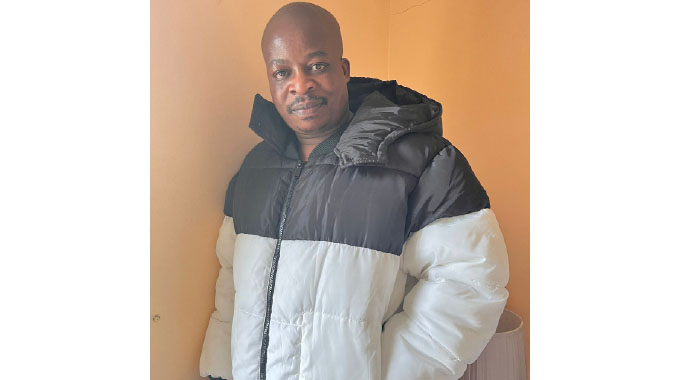When will our sport be professional!

Stanley Mutoya Special Correspondent
WHEN I checked the pedestrian definition of the word professional, I came across two meanings. One referred the word professional to relating to or belonging to a profession. I will come back to the word profession shortly. The other definition said, “engaged in a specified activity as one’s main paid occupation rather than as an amateur”.
And so, what is a profession? It is loosely defined as a paid occupation, especially one that involves prolonged training and a formal qualification. The definition of professional therefore brings a few fundamental phenomena into perspective. There is reference to paid occupation, prolonged training and formal qualification.
The question of paid occupation and prolonged training on the part of our athletes cannot be doubted. What remains as a big question mark for me on the part of our sports administrators is the issue of whether they have undergone prolonged training and hold formal qualification in sport.
I decided to start with the definition of the term professional which is loosely thrown around by many sports administrators and yet what prevails on the ground may raise more questions than answers on the status of their conduct of business. Of course, it is trendy to refer oneself to being professional as it depicts modernity and sophistication. It puts some in the league of being the best and therefore makes them well respected and elevates their social standing. But it’s that the reality on the ground in our sport in Zimbabwe?
I am pondering over this scenario which I have seen one time too many when sports administrators profess their astute professionalism at every opportunity to address the public and private sector. My concern is, professionalism is not an intention. It is manifested behaviour with evidence of formal qualification, the ability to adhere to set principles and guidelines that govern the profession, an understanding of the fundamentals of business protocol and professional etiquette in a constantly evolving, mutli-cultural workforce.
The constant cases of our athletes exposed to life threatening consequences over the years continues to bother many, and I am in that league. The other day it was Hardlife Zvirekwi, today it is Patson Jaure.
Football players who have gotten injured in gruesome road traffic accidents in the early hours of the days. The media has been awash with similar cases of athletes who are reported to have compromised ethics of their professional conduct and regrettably landed on the tragic side of things.
Your mind may still be fresh to the allegations of CAPS United players Method Mwanjali and Archiford Gutu who had a brush with law enforcement agents after a brawl at a night club in 2016. Mwanjali had been the Warriors captain when we lifted the COSAFA Castle Cup in 2009.
Unfortunately, such issues are not peculiar to Zimbabwe only. In 1996, during the 1998 FIFA World Cup qualification season, Peru national football team players Nolberto Solano, Roberto Farfan, Percy Olivares and Juan Marengo were caught drinking beer and playing music during the time they were supposed to be preparing for a qualifiers game against Uruguay. They were together with volleyball players Jessica Tejada and Margarita Delgado.
Liberia Football Association in June 2012 expelled their national team captain Anthony Laffor and two others for late arrival for practice and constant boycott of camp.
Ghana Soccernet reported that the team manager of Ghana’s national team for the 2002 Africa Cup of Nations, Malik Jabir, in February 2020 revealed that legend Sammy Kuffuor was sacked from the Black Stars camp during the tournament in Mali because he broke camping rules by going to a nightclub while the tournament was underway.
Such players as Wayne Rooney, Paul Gascoigne and recently Raheem Sterling have had some not so pleasant disciplinary conduct.
The stories of Steve Kwashi opting to ride on a car and not team bus, the demise of our talented players who opted to drive with friends after a match leading to their sad and untimely demise still hurts us and is fresh in our minds. But why do we not seem to see systems being put in place to address and curb recurrence of such behaviours by our players and athletes that has in some incidents been tragic. Why are our sports administrators and club leaders watching such cases unfold year-in and year-out with little or no solutions in sight?
The difference between the cases elsewhere and our cases is that our professional clubs continue with business as usual after riding the storm of such incidents.
It becomes business as usual and we wait again until another incident occurs.
One of the reasons why we will continue to encounter such ineptitude is because the majority of sports leaders in general and our football administrators in particular in Zimbabwe are not professional. They have not undergone long training in sports administration even though they may be accomplished business leaders and competent in their areas of specialisation.
Most if not the majority do not possess formal qualification in sport, even though they may be MBA graduates, accountants or experts in other fields. These are two fundamental tenets of professionalism — long training and formal qualification. Sadly, sport is the only profession which is not codified and is run by non-professionals — people who have not gone to sports school.
You will agree with me that one cannot be a member of the Lawyers Association or Medical Doctors Association if they are not a lawyer or doctor. But in sport, everyone is allowed by the system to lead and the result as that we even expose our athletes to tragic life-threatening practices due to absence of professionalism.
The Sports and Recreation Commission needs to have serious consideration of regulations that govern sport and place serious accountability on our sports administrators.
People must be brought to account. There has to be legislation and regulations to safeguard the welfare and safety of our athletes and insistence on compliance consequences. We cannot afford to expose our precious athletes to danger of unprofessional conduct.
It is tantamount to allowing a bus driver to conduct a heart surgery. While the bus driver is professional in the transport business, they are ignorant in the medical field. So, our leaders must go to sports school!
Clubs must take full responsibility for introducing systems that safeguard and guarantee the safety of players under their employ. Clubs need to introduce social welfare systems for our players as employees elsewhere would have.
Is it not a shame for us that players have to contribute aid to support their colleague and while the nation becomes proud of such?
While we need all athletes to give back to the system, surely, there has to be appropriate primary structures and systems in each club given the volatility and likelihood of the risk of injury and incapacitation of players. Any external aid should augment what the system has.
Players themselves need to have the presence of mind to be prudent in their habits without moral suasion from their leaders.
This is about their own careers, now and in the future and the sustenance of their families.
Let us re-look at the definition of professionalism in Zimbabwe. Quite honestly, are we professional in the true sense? We have a moral obligation to ask ourselves if we are playing our roles in this industry and if not, seek assistance in developing a sporting ecosystem that can drive towards real professionalism, for the sake of our athletes and our beloved sport.











Comments